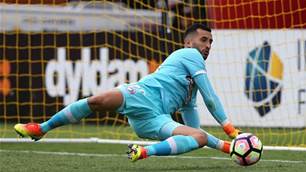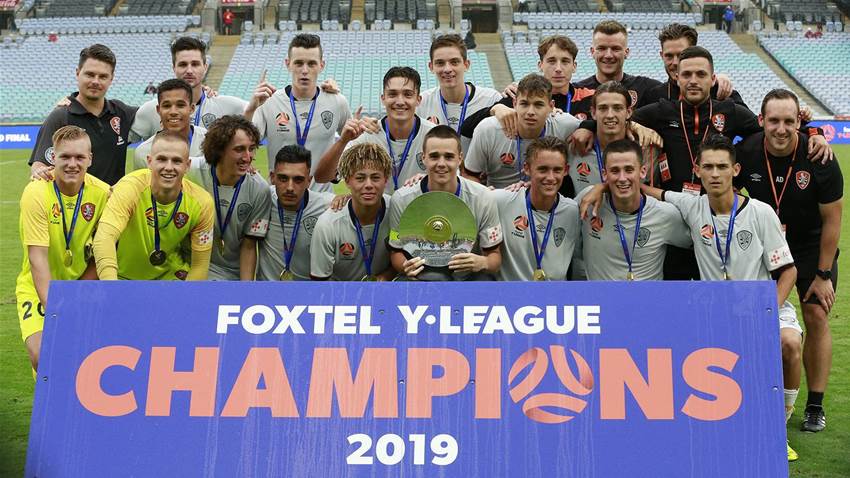In the wake of a Professional Footballers Australia report which declared the Y-League “does not meet the needs of the players, A-League clubs or Australian football,” Chief Executive John Didulica has outlined "creative, low-cost" ways to improve local youth development.
The PFA's Y-League Pathway & Workplace Conditions Report – examining the past five years of the Y-League – was released on Wednesday morning, a follow up to the organisation's October 2019 study examining the conditions that led to the development of Australian football's Golden Generation.
Key amongst new findings were survey results showing 90% of players believed the Y-League season – which currently lasts just eight games – needs to be increased.
That the Y-League wasn’t addressing the developmental needs of the Australian game came as little surprise to observers of youth football, or indeed football as a whole, given player development has become one of the most discussed – albeit little acted upon – topics amongst the zeitgeist in recent years.
Nonetheless, according to Didulica, the accumulation of hard data and proper polling of Y-League participants served an important role in the ongoing debate surrounding player development.
“I think what our game suffers from is that mentality, 'that well my personal experience is universal,'” he told FTBL. “It’s really important that even if that is the accepted wisdom, is that we’re actually defining it and understanding it from a factual basis and then you can start building.
“If there are matters that you’re identifying that might be issues and you actually build some evidentiary rigour around that, hopefully, it forces people to change, forces people to do things better and hopefully it changes policy. So, [the report is] one step and hopefully it’s something we can use to see how we track from here.”
The release of the PFA’s report – which can be read in full here – comes against the backdrop of Australian football’s ongoing COVID-19 suspension, one that – although August has been widely reported as the target – has no official date of return.
The new economic reality that the game will find itself in at the other end of the crisis, with the future of broadcasting, sponsorship and even sporting attendance still uncertain across the breadth of sport, has led to questions about the viability of investment in areas outside of club’s core business in future years and there are concerns academies and youth development could be one area that falls under the gaze of administrators seeking cost reductions.
But Didulica is insistent that there remains scope for reforming the Y-League despite the challenges ahead.
“Not all decisions in football need to be anchored in how much money you spend,” he said. “There are different ways, more creative ways you can do things that might be able to deliver better outcomes.
Related Articles

Socceroo-in-waiting seals Championship deal

Fringe Socceroo swerves A-League to remain in Europe after Fulham exit













